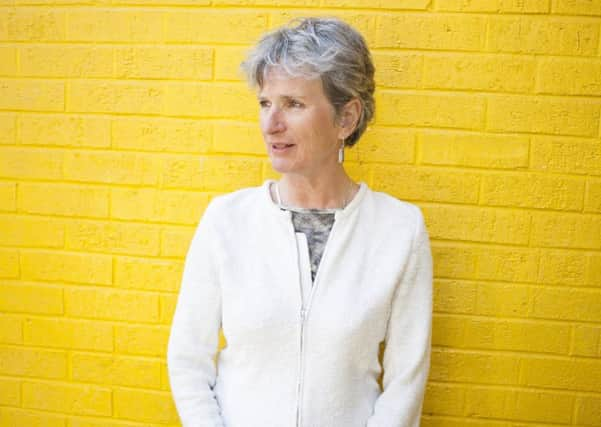Young people with eating disorders waiting months for urgent care


Guidelines set by the NHS as part of its vision to improve mental health care are for 95 per cent of all those requiring urgent care to be seen within a week of referral by 2020.
In Yorkshire, new figures show, just 68 per cent of young people saw a specialist within this time frame in the final quarter of 2016, with some having to wait more than 12 weeks for care.
Advertisement
Hide AdAdvertisement
Hide Ad“It is crucial that young people in crisis get the help they need as soon as possible,” said Sarah Brennan, chief executive of YoungMinds. “One third of young people with eating disorders in crisis are waiting more than one week which puts enormous pressure on emergency services, families and the young people themselves who are already struggling to cope.”
Investment in community care to provide support closer to home was to be welcomed, she said, and the collection of this new, experimental data for the first time was a step in the right direction.
“These changes are promising,” she added. “But there is much more to do to meet the ambitious target set by NHS England for 2020.”
In Yorkshire, the figures show that 152 young people with an eating disorder started urgent treatment within the target time, a figure of 68 per cent, while three had to wait more than 12 weeks for care. The biggest challenge was in York, where just 17 per cent of young people were treated within a week for urgent care, and in East Riding, where that figure was 23 per cent. The highest number of longer waits for routine care was also in York, where just 10 per cent of young people were seen within four weeks.
Advertisement
Hide AdAdvertisement
Hide AdA spokesman for Vale of York CCG said: “The data collection is still experimental, with a focus on data quality and completion. The data is an interim submission to help verify and improve the quality of statistics derived from the Mental Health Services Dataset.”
Alex Seale, director of commissioning and transformation at NHS East Riding of Yorkshire Clinical Commissioning Group (CCG) said they had received a high number of referrals.
“The East Riding service provided by Humber NHS Foundation Trust is as responsive as possible and has the capacity to meet the demand for appointments,” she said.
“In most cases an appointment will be offered within the appropriate timescale and we would encourage patients to accept the first appointment offered, particularly in urgent cases.
Advertisement
Hide AdAdvertisement
Hide Ad“As with any appointment the patient has the choice to accept a date and time convenient to them, this may impact on meeting targets but does not impact on patient care.”
Beat, the UK’s eating disorder charity, has now launched a campaign calling on election candidates to pledge support for action in ensuring prompt access for all young people.
“It is concerning that so many young people are waiting too long for treatment,” said Tom Quinn, director of external affairs.
“All evidence tells us the sooner someone with an eating disorder gets the treatment they need, the more likely they are to make a full and sustained recovery.
Advertisement
Hide AdAdvertisement
Hide Ad“More work must be done at a national and local level to ensure these figures improve year on year.”
Nationwide, 69 per cent of patients started urgent treatment within the one week target, up from 65 per cent at the beginning of the year.
“The data shows a substantial proportion of children and young people are receiving the care they need swiftly,” a spokesperson for NHS England said.
“It also highlights the scale of change underway by a major programme of work to improve services.
Advertisement
Hide AdAdvertisement
Hide Ad“Alongside the new waiting time standard, 67 dedicated community eating disorders services are being developed and recruitment to get the teams up to full capacity is well under way.
“Our goal is to ensure that increasing numbers of children and young people will receive swift, effective eating disorder treatment.”